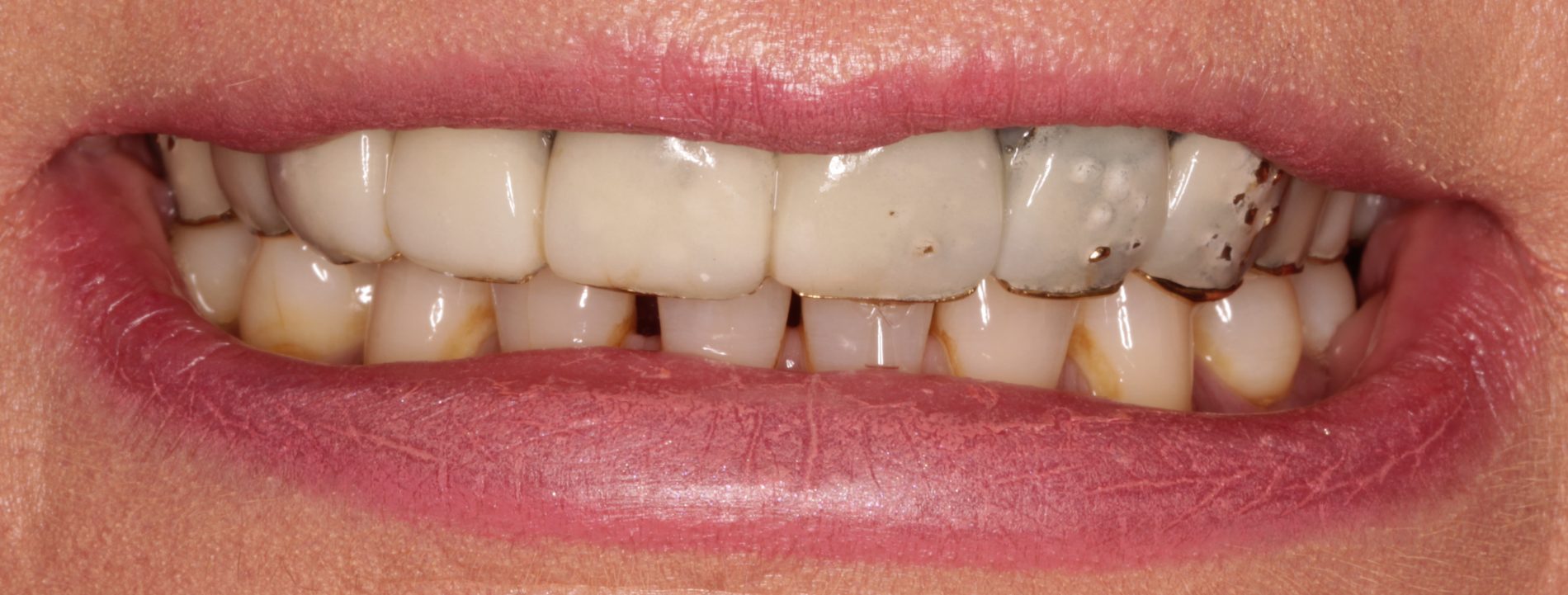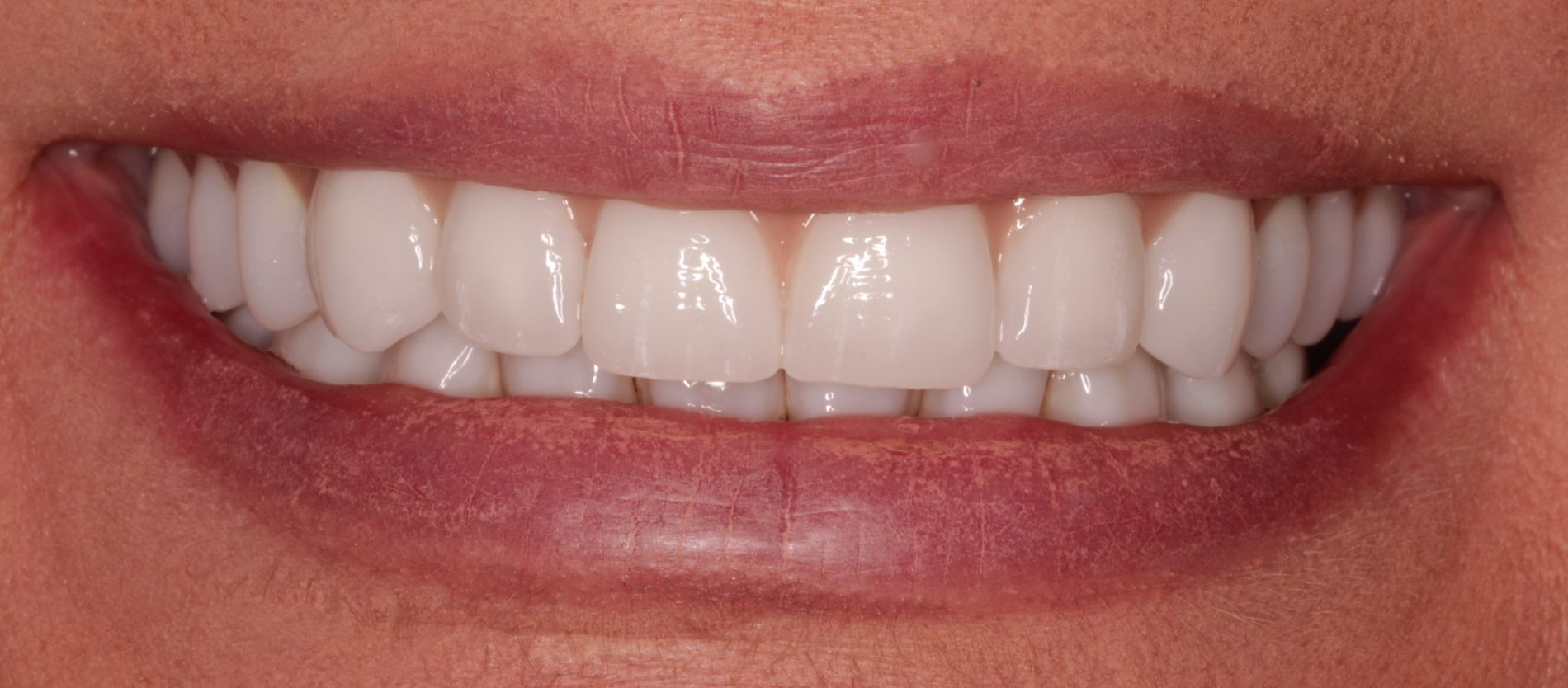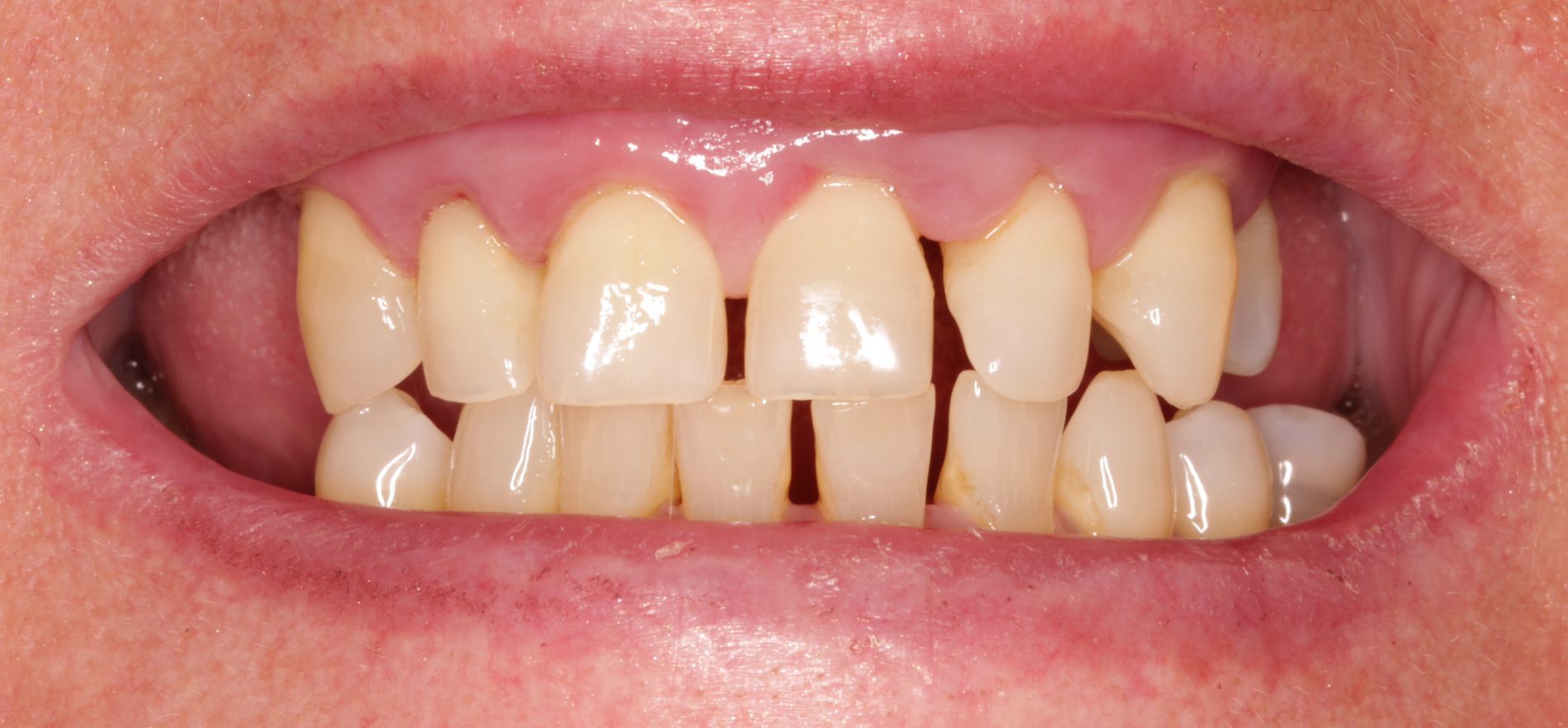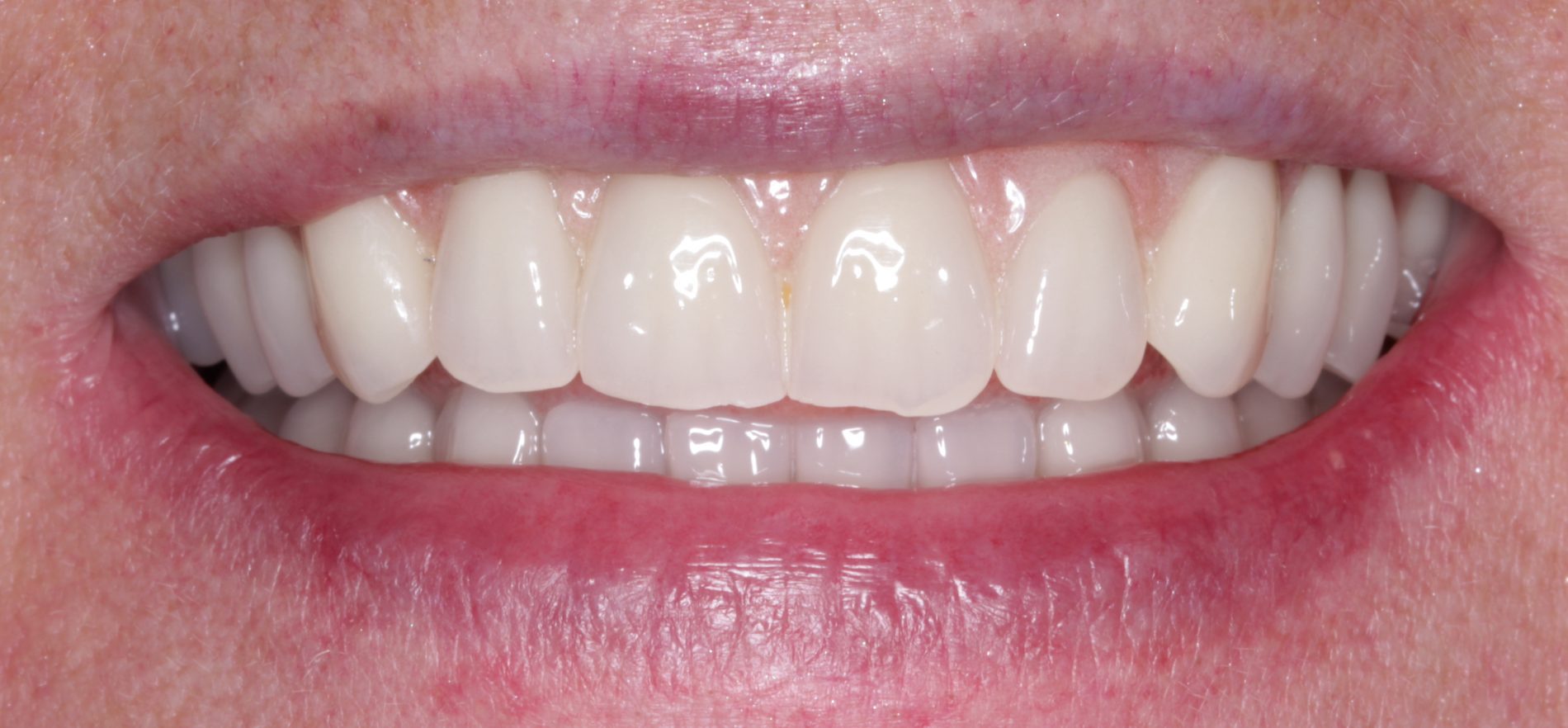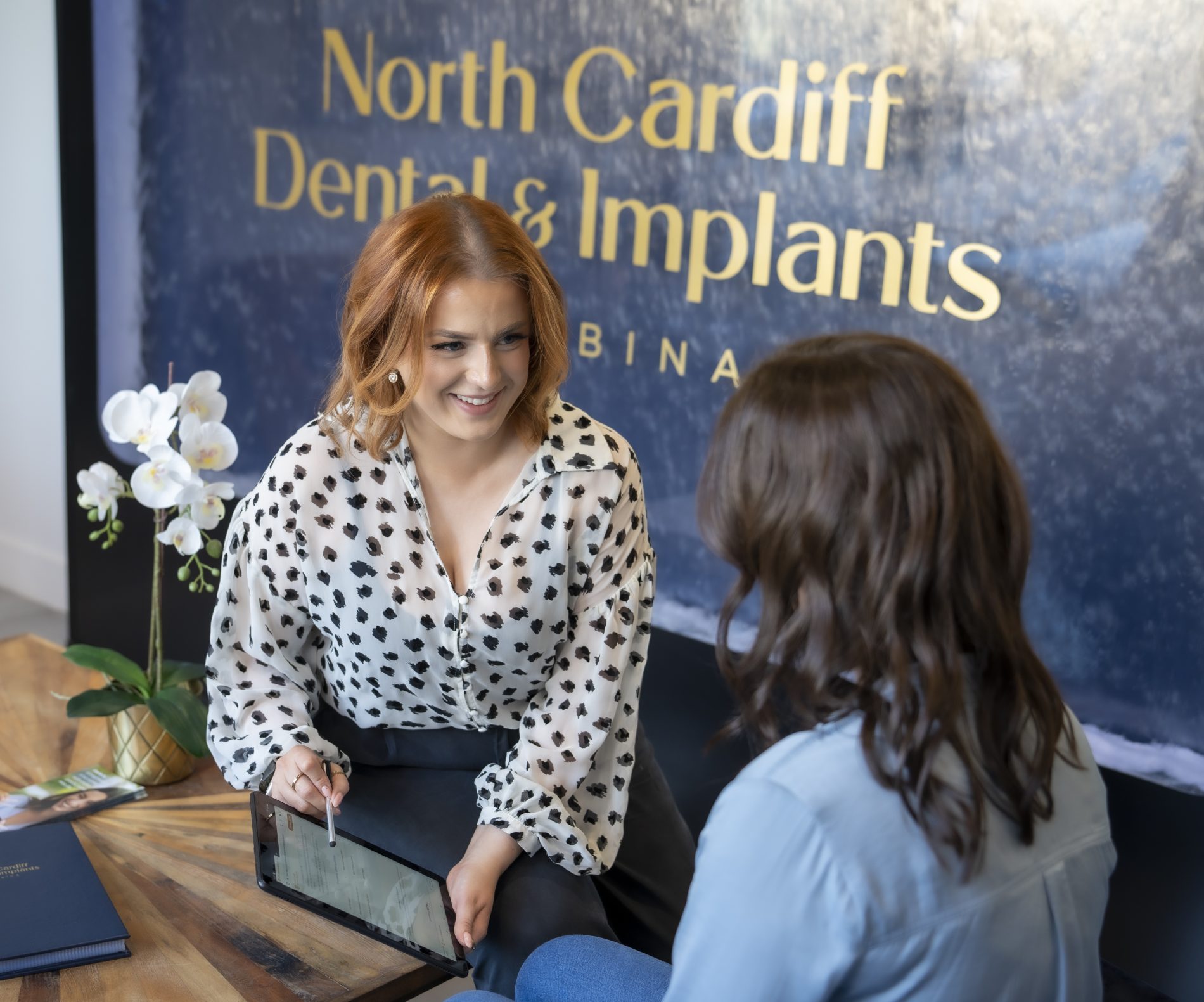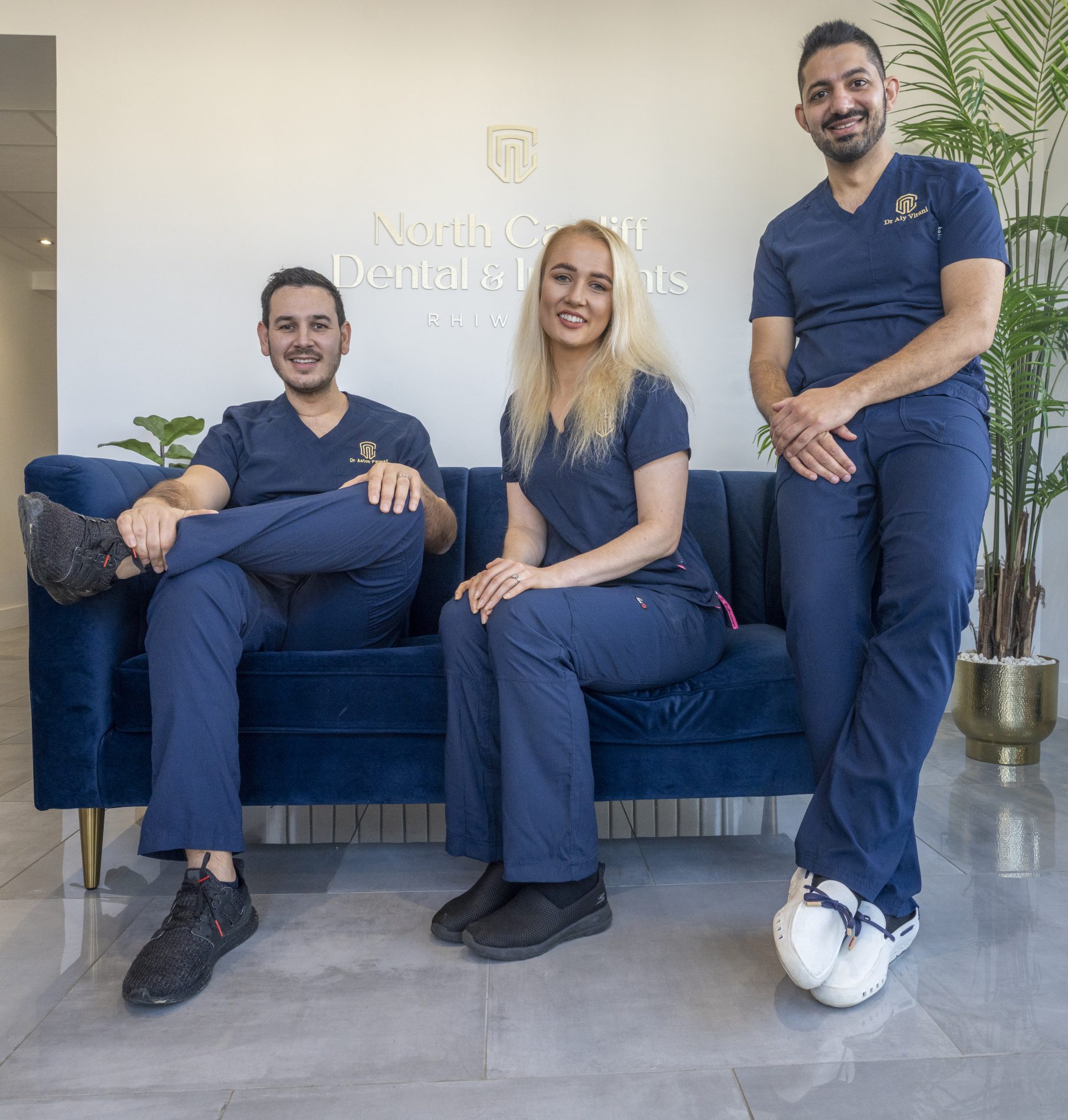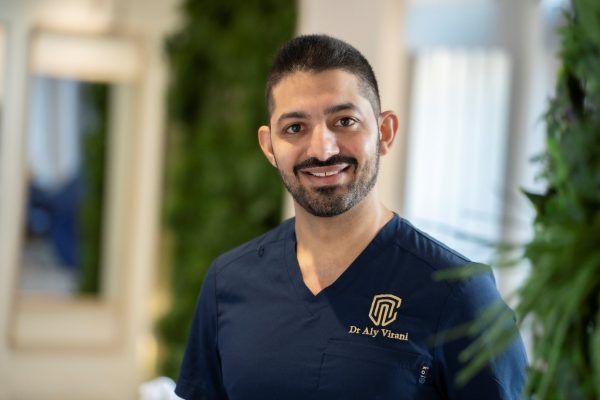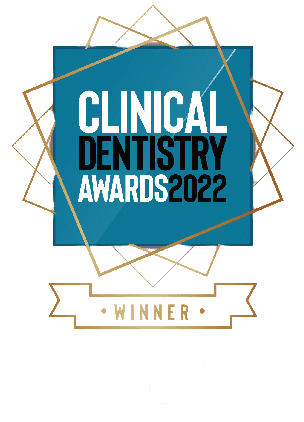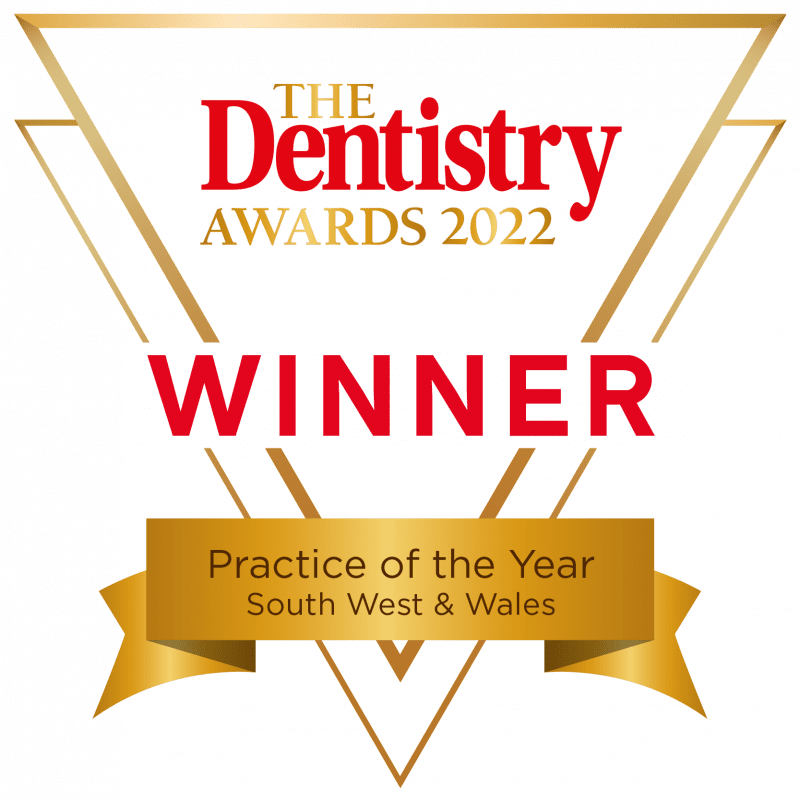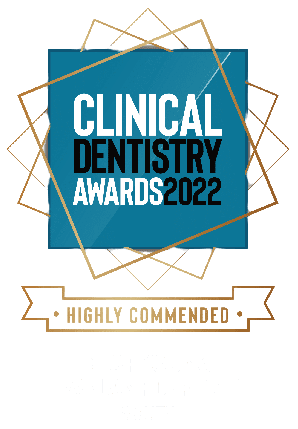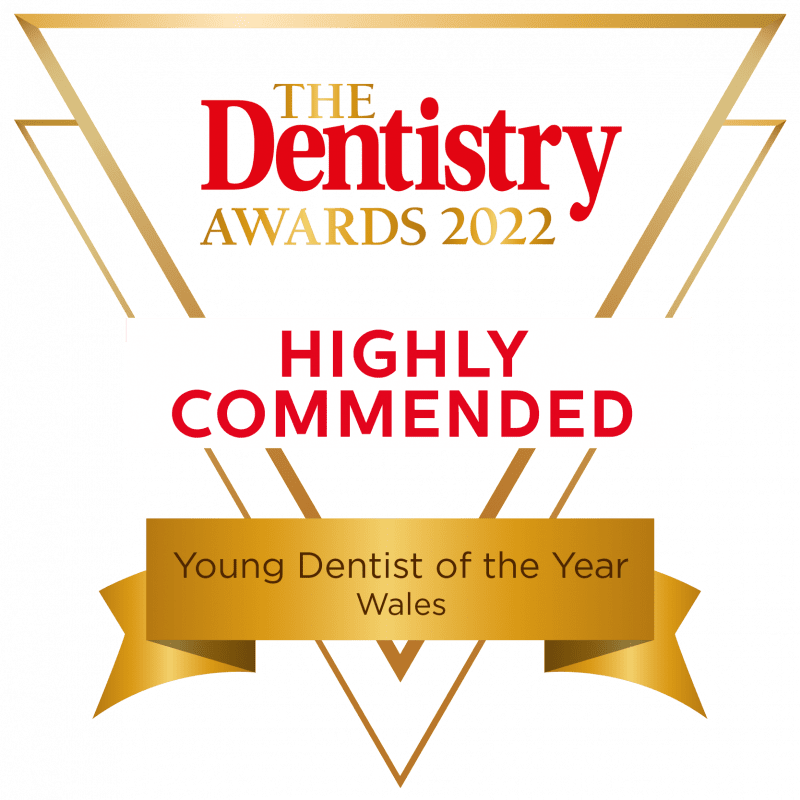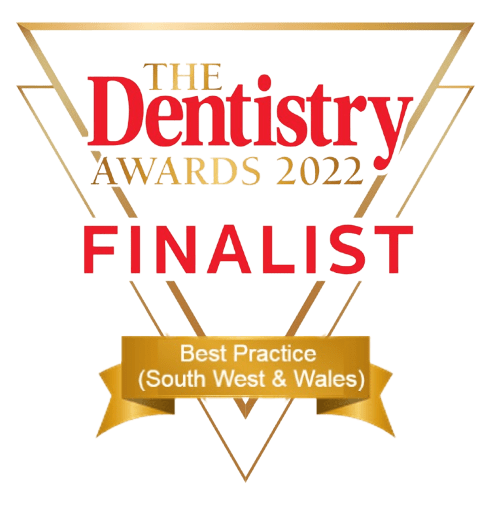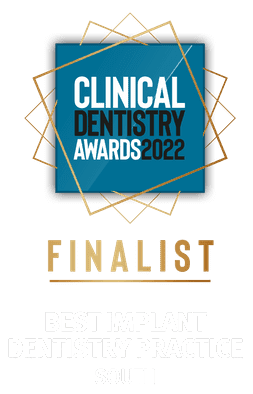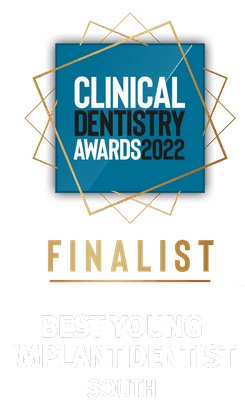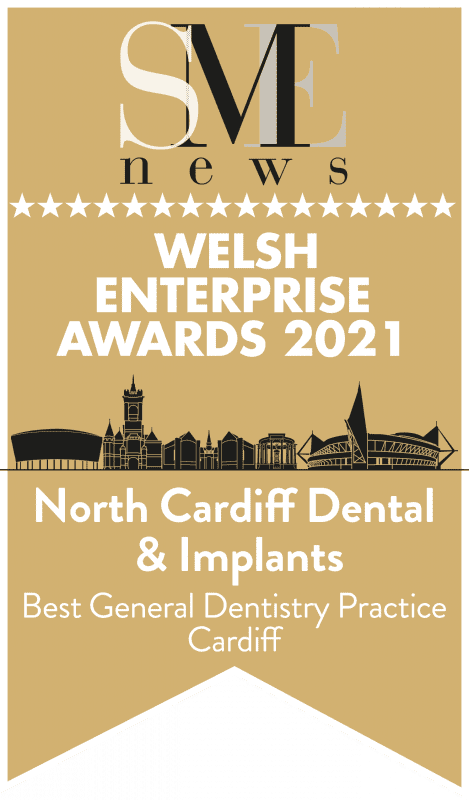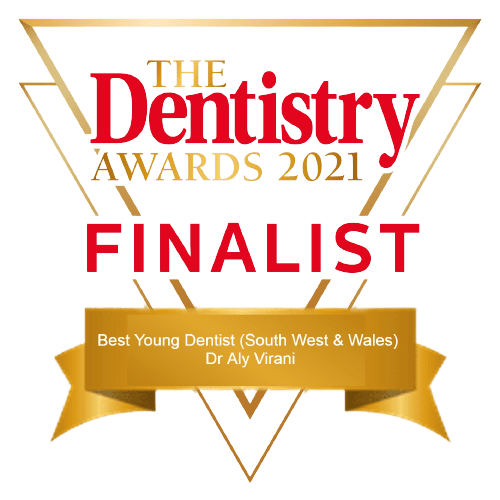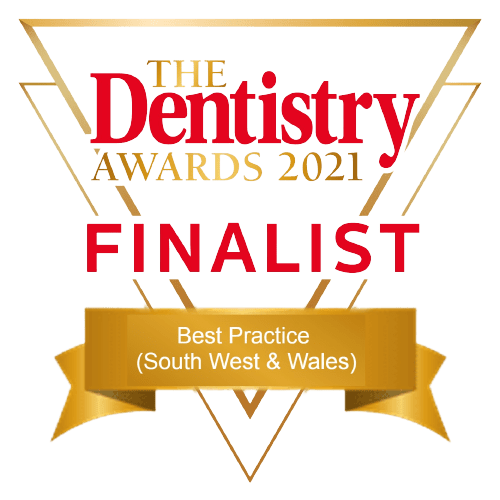Cost of treatment
Teeth in a day treatment costs £17,195 per jaw. This does not include the cost of any finance options that you choose to request. These options can be explored further down on this page.
The cost of each stage can be seen on the patient journey below and if you are paying as you go, payment for each stage will be required prior to starting that stage. We offer a £3000 discount to patients having both jaws treated.
Finance options
We are able to offer finance to help you cover the cost of your treatment, should you wish.
We are able to finance up to £30,000 over up to 60 months, subject to application and acceptance with our finance partner, Tabeo. Finance on periods of 12 months or less are interest free, and periods over 12 months are subject to interest of 9.9% APR. The calculator below shows you what repayments might look like for you.
Should you wish to apply for finance, one of the team can discuss this with you. Please be aware that all finance arrangements are subject to a 14 day cooling off period before treatment can be commenced.
Please note that you have the right to decline having treatment following your CBCT scan or diagnostic stages if you are unhappy with the projected outcome. In these circumstances, however, we are unable to refund the cost of these stages. If you have taken out a finance package to cover the entirety of the treatment then you will be refunded for the subsequent stages minus any fees that are determined by Tabeo – please note that even if you are accepted for interest free finance, refunds will be subject to administrative fees by the finance company. The practice will not be charging any administrative fees.
